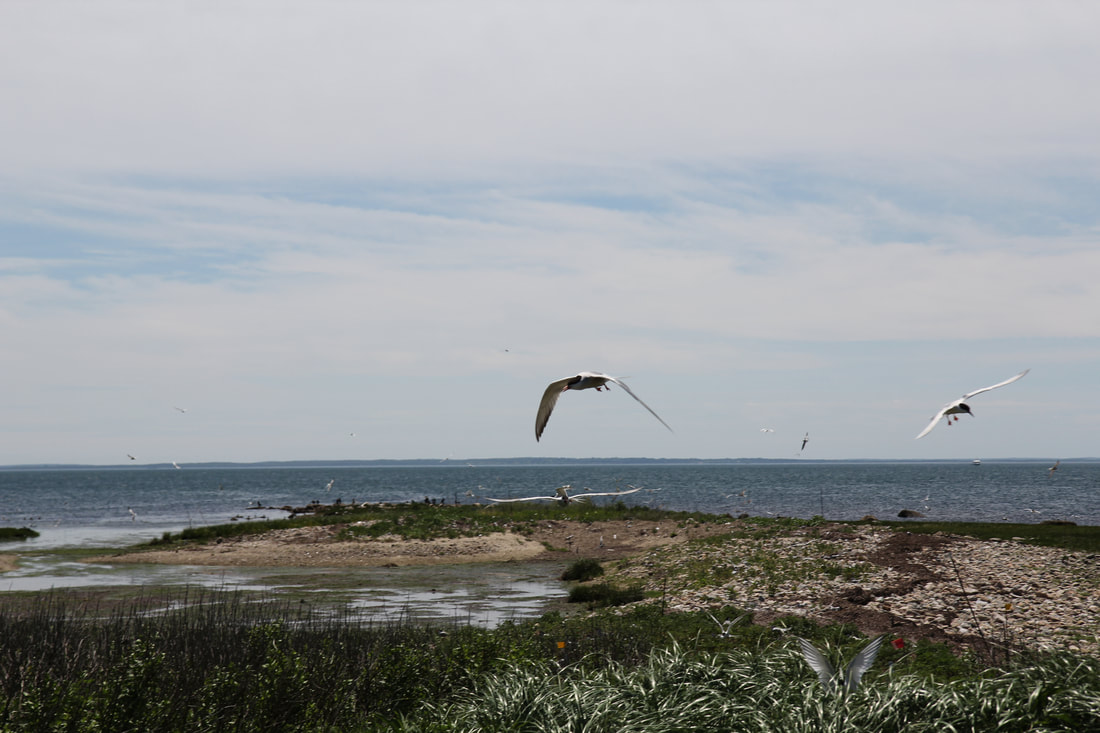|
Good news for the shorebirds of the world!
According to a recent study by the Oiled Wildlife Care Network, it appears that humans are getting better at caring for oiled birds. In May 2015 an offshore pipeline off the coast of Santa Barbara, California, ruptured, releasing 143,000 gallons of oil into the water. Christine Fiorello, a veterinarian who works with California’s Oiled Wildlife Care Network, was in Alaska at a conference on the day of the spill, but when she and her colleagues heard the news they changed their flights and headed back to Santa Barbara as quickly as possible. Trained volunteers with the group collected 267 oiled birds, among them 73 brown pelicans, 26 of which were already dead. However, unlike many past recoveries, the volunteers did not begin by immediately cleaning the oiled birds. Instead, the birds were stabilized with foods, water and warmth -- the result of an insight that birds been covered in oil are often unable to eat, and become severely dehydrated. These birds also need warmth, because the oil on their feathers affects their insulation from the cold sea water and the birds are often hypothermic -- and need to be warmed. This change in the order of care is a reflection of a new understanding that has emerged over the last two decades that cleaning is not the very first thing that should be done to an oiled shorebirds. Oil birds, like trauma victims in a modern emergency room, are stabilized first -- and then their injuries are treated. The process of stabilizing, caring and then cleaning the oiled animals took about 19 days. When the birds were ready to be released, Fiorello and her colleagues outfitted twelve brown pelicans with radio transmitters that could track their movements. The results were remarkable. Ten of the twelve pelicans were still alive one year later, one was unaccounted for, and one was deceased. In a nearby control group unaffected by the spill, six of eight brown pelicans were still alive and accounted for. These numbers are in sharp contrast to studies done in 1990 and 1991 that found that all the rehabbed birds being studied after oil spills were dead within six months of being released after treatment. The takeaway from this research was that oil causes long term harm to pelicans, and as recently as 2010 this research was being used to call into question whether oiled birds should be rehabilitated at all. The new study by Fiorello’s team shows just how far rehabilitation techniques have come in the past twenty-five years. If the shore birds are stabilized first -- and then cleaned -- their rate of survival increases dramatically. Fiorello and her team are encouraged by the results of the study and the behavior of the birds. Weeks after they were released, the birds with transmitters were thousands of miles away from California, feeding off the coast or Oregon in oil free waters. While we must do everything we can to prevent oil from entering the waters, sometimes accidents do happen. It’s great to know that we’re adding to our toolbox, so that when oil enters the water, we’re giving affected wildlife the best chance possible. Learn more about Fiorello’s work in this excellent piece by the Pacific Standard covering the study. |
Details
AuthorMarine Defenders is an educational program designed to reduce chronic oil pollution. Archives
February 2019
Categories
All
|

 RSS Feed
RSS Feed